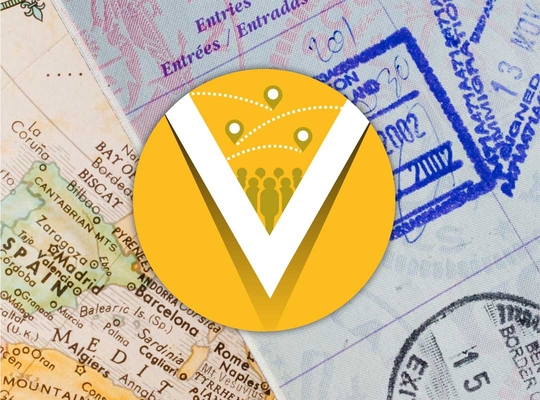You are here
V-day on ‘Migration and Integration’: controlling and managing migration is imperative

How can we turn migration into a positive story? During the third V-day, held at the Square in Brussels and focusing on ‘Migration and Integration’, the N-VA presented a ten-point plan for migration, a complex issue. Speakers and experts reviewed the complex issues involved in migration and integration. To those present, numbering over 500, the message was clear: we need to be able to control and manage migration. ‘We are taking on this challenge because it is necessary to preserve our country’s thriving economy, social welfare and social coherence,’ Theo Francken stated at the V-day’s conclusion.
Catastrophic decisions
‘With the ban on unsedated slaughter, we have managed to place animal rights above religious rights. Please, isn’t it high time we accomplish the same for women’s rights?’ Zuhal Demir, former Secretary of State for Equal Opportunities and leading parliamentary candidate for Limburg, went straight to the heart of the problem in her opening speech. She discussed how in practice the so-called ‘revolution of reasonability’ is a ‘radicalisation of cowardice’, abandoning countless Muslim girls to their misogynistic lot. The former Secretary of State exposed a harsh reality. ‘As a country, we have trusted migration to self-regulate for far too long. Then, when things became too much for us to handle, previous governments responded with adjustments and fast-track Belgian naturalisation procedures. Those were catastrophic decisions,’ Zuhal Demir concluded to enthusiastic applause.
Minimal rules of citizenship
Zuhal Demir was succeeded by the Dutch professor of law Afshin Ellian, who offered his own perspective on integration and migration. In a presentation peppered with personal anecdotes, Afshin Ellian warned against overly prescriptive political correctness. ‘Provide legal protection for political correctness, and that’s where our freedom ends,’ stated Professor Ellian. Instead, he promoted ‘minimal rules of citizenship’, essentially covering non-negotiable issues such as fundamental constitutional principles. ‘Monocultural rule of law is a prerequisite for a multicultural society,’ Afshin Ellian said. He ventured further: ‘Newcomers in particular have a duty to defend our values, as they have witnessed the chilling alternative.’
More assertive Europe
As was the case for the V-day on Ecorealism, domestic and foreign experts received a chance to speak on Saturday. Flemish Minister for Civic integration Flanders has a policy for civic integration. This is a guided and targeted form of social integration for people of foreign origin. The intention is that the newcomers are provided with a valuable place in society by including them instead of excluding them. Civic integration, which includes language lessons and civic integration courses, was brought about by the participation of the N-VA in the Flemish Government since 2004 and the appointment of a Minister for Civic Integration. Civic Integration Liesbeth Homans moderated a lively debate between Dutch anthropologist Jan van de Beek, UGent professor emeritus Robert Cliquet, professor Mark Elchardus of the VUB, former Director General of Foreign Affairs and former ambassador to Israel Mark Geleyn and Dr Marion van San. The expert panel debated three migration-related topics: sovereignty versus international cooperation, active versus passive migration and integration and civic integration. The general message was that Europe and, therefore, Flanders as well, is in need of controlled migration with initially closed external borders, but also that Europe needs to assume a more assertive stance concerning its own values, like equality between men and women, for instance.
Migration management is necessary
A few closing words were provided by Theo Francken, former Secretary of State for Asylum and Migration. ‘Migration poses us dilemmas, both as a party and as citizens within our Flemish community,’ stated Theo Francken, who will be heading the Parliament list for Flemish Brabant in May. He showed understanding for the individual migrant who, in desperation, decides to leave everything behind in the search for a better existence. ‘Does this then somehow make it unethical for our government to control and manage migration?’ Francken asked his audience. The final answer, of course, was ‘Yes, migration control is allowable.’ ‘In fact, we consider it a necessity. After all, the individual migrant’s interest must be balanced against the general interest of our entire society,’ explained Theo Francken, after which he presented the ten-point migration and integration plan. The conclusion was loud and clear: thinking about how to organise migration is an imperative.

